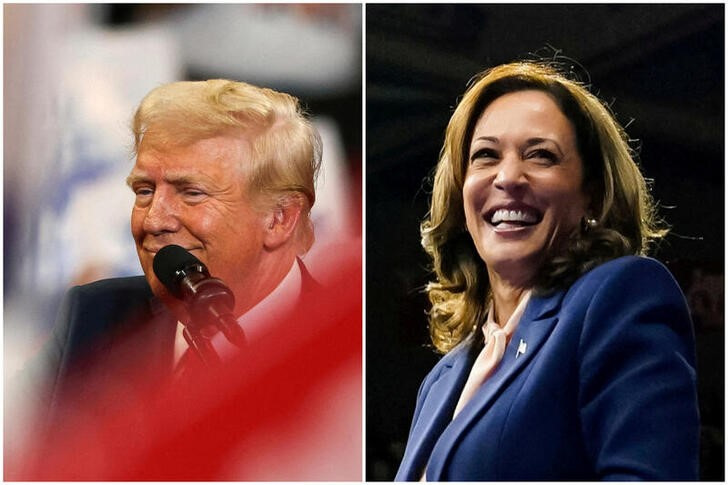Inveesting.com -- The U.S. presidential election is an important event that affects global financial markets, with its influence reaching far beyond U.S. borders into the economies of emerging markets (EMs).
As the largest economy in the world, the U.S. shapes global financial conditions through its policies on growth, trade, and international relations.
UBS analysts have outlined several ways in which the 2024 election could affect emerging markets, particularly through shifts in the U.S. macroeconomic landscape, trade strategies, and geopolitical relationships.
Emerging market assets are closely tied to expectations surrounding the U.S. economy. Factors such as GDP growth, inflation, interest rates, and the strength of the U.S. dollar could shift depending on the election's outcome.
For example, a Republican victory may lead to stronger U.S. economic growth but also bring higher inflation and interest rates. These conditions could initially strengthen the U.S. dollar, but this may pose challenges for emerging markets.
Historically, a stronger dollar raises the cost of borrowing for EM countries, many of which have significant dollar-denominated debt. This tightening of financial conditions could deter foreign investment and slow down economic growth in these markets.
Historically, assets in emerging markets have seen short-term ups and downs around U.S. elections due to the uncertainty about changes in U.S. leadership. The value of the dollar, which is a major factor, is especially important.
“The US dollar makes up nearly 60% of foreign-currency reserves globally. And the country boasts the world’s largest and deepest capital markets,” said analysts from UBS in a note.
While stronger U.S. growth might fuel demand for goods and services from emerging markets, higher interest rates and a rising dollar could create financial headwinds, limiting the potential for increased investor interest.
Trade policy is another critical channel through which the U.S. election could impact emerging markets. U.S. presidents have considerable power to shape the country's commercial relationships, and tariffs have become a prominent policy tool in recent years.
A Republican administration, particularly under Trump, may revive tariff-heavy strategies, which could increase uncertainty and reduce the appeal of emerging market assets, especially in export-driven economies like Mexico and several Asian nations.
On the other hand, a Democratic administration might favor more multilateral trade policies, potentially reducing trade tensions and offering emerging economies more stable access to global markets.
Geopolitics is another area of significant concern. U.S. relations with key global players such as China, Mexico, Argentina, Venezuela, and Russia could evolve considerably depending on who wins the presidency.
“Former president Trump has repeatedly expressed his preference to actively use tariffs as a trade policy tool and seems likely to take a more unilateral and isolationist approach to address cross-border issues, the analysts said, raising the stakes for emerging markets, especially those that depend on stable trade and diplomatic relationships with the U.S. In Latin America, for instance, Mexico could see heightened volatility depending on shifts in U.S. immigration or trade policies.
However, Argentina might benefit from its president's strong ties with Trump, which could lead to improved bilateral relations.
In Asia, the election’s effects are likely to be complex, offering both risks and opportunities. U.S.-China relations, already on a tense and strained trajectory, are expected to remain challenging regardless of the election outcome.
Further restrictions on Chinese technology companies are likely, driving global investors to shift their focus toward other markets such as Taiwan and South Korea, which are home to world-class memory and semiconductor suppliers.
India, with its growing role in global supply chains as companies seek alternatives to China, is poised to attract further investment interest from both U.S. and international firms.
Meanwhile, in the Middle East and Central and Eastern Europe, the election’s outcome could have a profound effect on the geopolitical landscape.
A Republican victory would lead to an increase in U.S. fossil fuel production, which might depress international oil prices and place additional competitive pressure on Gulf exporters.
“A Trump presidency would also likely lead to sharply reduced financial and military support for Ukraine and a weakened NATO, which would increase the geopolitical risk premium on European assets,” the analysts said.
